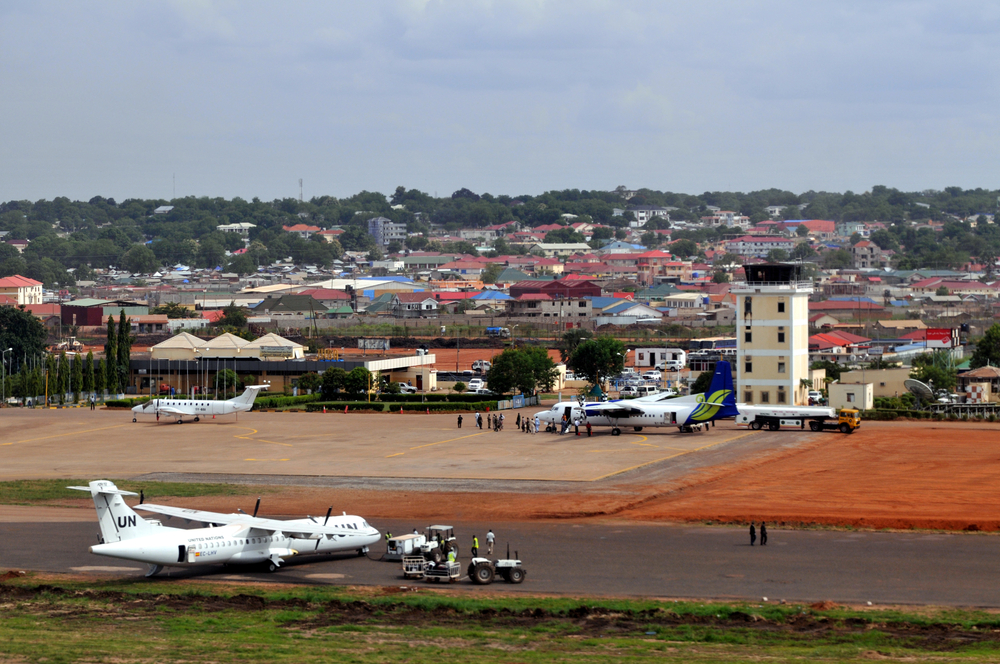
Just a week after evacuations started, most expatriates have now left the country. Thousands of foreign workers have been forced to leave including British Canadian, and Kenyan Australians, Ugandans and Ethiopians citizens among 17,000 people who were trapped in the city of Bor. In addition 150 Indian nationals have now left.
The expatriates include humanitarian workers and the officials of NGOs playing a key part in the establishment of a viable economy in South Sudan. A large contingent are in the country to support construction activities and, crucially, oil and gas exploration. The capital Juba is now officially the second most expensive oil city, and South Sudan, with sub-Saharan Africa's third largest oil reserves after Nigeria and Angola, the most oil dependent nation in the world.
Among the foreign nationals withdrawn were 11 employees 0f Oil and Natural Gas Corporation Videsh Ltd (OVL), which announced its decision to shut down operations temporarily. OVL has stakes in two oil projects in South Sudan has already evacuated all of its 11 executives working in the country. OVL holds 25 per cent stake in the Greater Pioneer Operating Project which was producing 37,000 barrels of oil per day (bpd), and 24.125 per cent in Block 5A that produced 4,600 bpd. Production from these oilfields was completely stopped from December 22.
The Greater Pioneer Operating Company (GPOC) produces close to 37,000 bpd from Block 1,2,4 while SUDD Petroleum Operating Company (SPOC), in which OVL has 24.125 per cent stake, produces around 4,600 bpd from Block 5A. Other partners in GPOC are China National Petroleum Corporation (CNPC) with 40 per cent stake, Petronas of Malaysia has 30 per cent and Nilepet of South Sudan the remaining 5 per cent. In Block 5A, Petronas has 67.875 per cent and Nilepet 8 per cent.
OVL's other partners have also evacuated most of their personnel from the country. For its part, the USA has flown 380 officials and private citizens to Nairobi and other locations along with about 300 others.
Since South Sudan seceded from Sudan in July 2011, taking with it three-quarters of the formerly united country's oil output, its economy has boomed. However reports of widespread bloodshed and inter-ethnic strife have already created a crisis that will take a long time to resolve.













